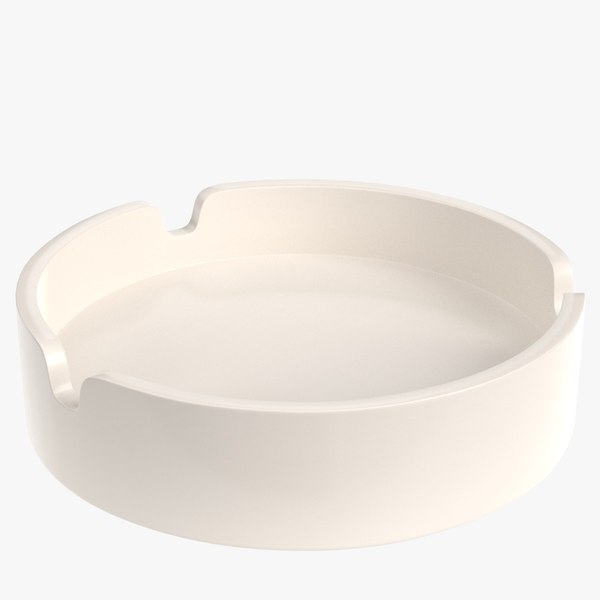The Next 9 Things You Should Do For Drug Rehab Thailand Success
페이지 정보
작성자 Antonio 댓글 0건 조회 2회 작성일 23-11-30 13:27본문
 Introduction:
Introduction:Alcohol withdrawal is a condition which occurs when people abruptly stop or rehab resort notably decrease their alcoholic beverages intake after extended periods of heavy drinking. Its a complex and potentially deadly problem that affects many people global. This report is designed to offer a comprehensive breakdown of liquor withdrawal, including its signs, treatment plans, and management methods.
Signs and symptoms of Alcohol Withdrawal:
The onset and extent of alcohol detachment symptoms differ among people, based on elements including the quantity and length of drinking and a person's general health. Common observable symptoms include tremors, anxiety, frustration, nausea, vomiting, sleeplessness, increased heartrate, and sweating. In extreme situations, individuals may go through hallucinations, seizures, or delirium tremens (DTs), a potentially deadly condition characterized by agitation, confusion, hallucinations, and fluctuating levels of awareness.
Treatments:
When working with liquor detachment, it is vital to get health guidance and support. The primary aim of treatment solutions are to safely manage withdrawal symptoms, prevent complications, and facilitate the transition to sobriety. Medical professionals can evaluate the seriousness of signs and figure out the appropriate level of treatment. In moderate cases, outpatient therapy could be administered, while more severe situations may necessitate hospitalization.
Medications commonly used in alcoholic beverages withdrawal therapy include benzodiazepines, that assist lower anxiety, relieve symptoms, and prevent seizures. Other medicines particularly antipsychotics, anticonvulsants, and beta-blockers may be used to manage particular symptoms or co-occurring conditions. Furthermore, nutritional vitamins, especially thiamine (vitamin B1), in many cases are prescribed to avoid or treat possible deficiencies of exorbitant alcohol consumption.
Management Tips:
In addition to medical treatments, different techniques can be employed to manage alcohol detachment effectively.
1. Supportive Care: Offering a supportive environment encourages a feeling of safety and comfort. This includes guaranteeing appropriate diet, moisture, and rest, plus monitoring important indications and addressing any medical complications which will occur during detachment.
2. Psychotherapy: looking for psychological state support, including counseling or psychotherapy, can play a crucial role in addressing fundamental mental or psychological conditions that donate to alcoholic beverages dependency. These treatments assist people develop coping methods, manage causes, and establish healthy choices to alcoholic beverages.
3. Rehabilitation products: participating in rehabilitation programs, such as for instance inpatient or outpatient treatment centers, provides an organized and supporting environment for folks looking for lasting data recovery. These programs frequently combine medical treatments, guidance, and peer assistance to handle the physical, emotional, and social areas of alcohol addiction.
4. Follow-up Care: After finishing preliminary detoxification and treatment, people should continue steadily to look for continuous care. This could include participating in support groups, attending regular therapy sessions, and getting follow-up evaluations to make certain proper physical and psychological state.
Summary:
Alcohol withdrawal is a difficult condition that requires medical help and extensive support. Comprehending the symptoms, treatments, and management techniques can considerably facilitate assisting individuals safely navigate the withdrawal process and attain lasting data recovery. By providing appropriate treatment and sources, we are able to improve the results for the people seeking to get over alcohol addiction.
댓글목록
등록된 댓글이 없습니다.